Foto by Andre Raatzsch: Outdoor grounds of the new memorial to the victims of the Lety concentration camp
Ceremonial opening of The Lety u Písku Memorial to the Holocaust of the Roma and Sinti in Bohemia
On the 23 of April, 2024 the Ceremonial opening of The Lety u Písku Memorial to the Holocaust of the Roma and Sinti in Bohemia, which includes two remnants of feed halls from the industrial pig farm that once stood there, took place.
The grounds of The Lety u Písku Memorial to the Holocaust of the Roma and Sinti in Bohemia are dominated by circular motifs and two remnants of feed halls from the industrial pig farm, in operation there since the 1970s, that overlapped the site of the former concentration camp.
Indoors, there are archaeological discoveries, audio recordings of the voices of eyewitnesses to this history, photographs and texts about the prisoners and the process of their imprisonment.
The grounds of the new memorial cover more than 100,000 square meters including the Burial Ground, where the first memorial to the Romani victims of the Lety concentration camp was installed in 1995. The outdoor part of the new facility is open to visitors year-round, while the Visitors’ Centre will have regular opening hours.
The architects and representatives of the Museum of Romani Culture presented the grounds to journalists ahead of its ceremonial opening. When one approaches the facility, one first sees a wall that is meant to separate visitors from the world of the present day. One can either walk along the wall to the Burial Ground or pass through the wall into the grounds of the new memorial. Behind the wall is the building of the Visitors’ Centre, designed by architect Jan Tesař, that houses a permanent exhibition.
“The indoor exhibition includes audiovisual or just audio points which guide the visitor through the whole story, from the interwar life of Romani people until today. There are also showcases with original objects from the camp or their replicas. There are more audio recordings outside, whereby pressing a button more information can be heard in Czech, German and English,” (Anna Míšková author of the exhibitions of the Museum of Romani Culture).
The outdoor format of the grounds was designed by landscape architects. One straight path leads to a large circle, a walkway of reverence, that circumscribes the space where the concentration camp once was. Inside the circle there will always just be a meadow.
“It’s meant to symbolize the emptiness left behind by the Romani people who did not survive the Holocaust. There are metal spokes engraved with the names of the people who passed through the camp, including the information as to whether they survived or not. Some of the spokes have been left blank in case of future discoveries,” (architect Jan Sulzer, who designed the space).
Two other paths on the grounds serve an educational purpose, they are longer and wend their way through the facility with information panels posted along them. A forest of coniferous and deciduous trees will gradually grow to fill the remainder of the space.
“We planted 16,000 trees donated from the estate in Orlík by Karel Schwarzenberg. The forest is a metaphor for society. We are working with both space and time, because once the trees are fully grown, visitors will not see the end point of the space from the entrance, they will have to walk through the woods and then the empty space with the circle will open up in front of them,” (landscape architect Lucie Vogelová of the Terra Florida studio).
The Lety u Písku Memorial to the Holocaust of the Roma and Sinti in Bohemia was ceremonially opened by the Museum of Romani Culture on 23 April. The building of a dignified remembrance site there was first discussed in 1995.
Czech Prime Minister Petr Fiala (Civic Democratic Party – ODS) said the memorial should have been installed much sooner than it was and that the state, in his view, had delayed the purchase of the land much too long. Czech President Petr Pavel called the memorial a memento for coming generations that will, in his view, remind them of the horrible crimes that were committed there.
The memorial opened to the public on 12 May 2024.
According to historians, between August 1942 and May 1943, 1,294 Romani people passed through the camp, at least 335 of whom died there, 241 of whom were children younger than 14. Approximately 540 of the Lety prisoners were subsequently transported to the Auschwitz-Birkenau Concentration and Extermination Camp.
Text by: Romea.cz
For more information about romea.cz visit: https://www.sdruzeniromea.cz/
Current struggles and advocacy for recognition
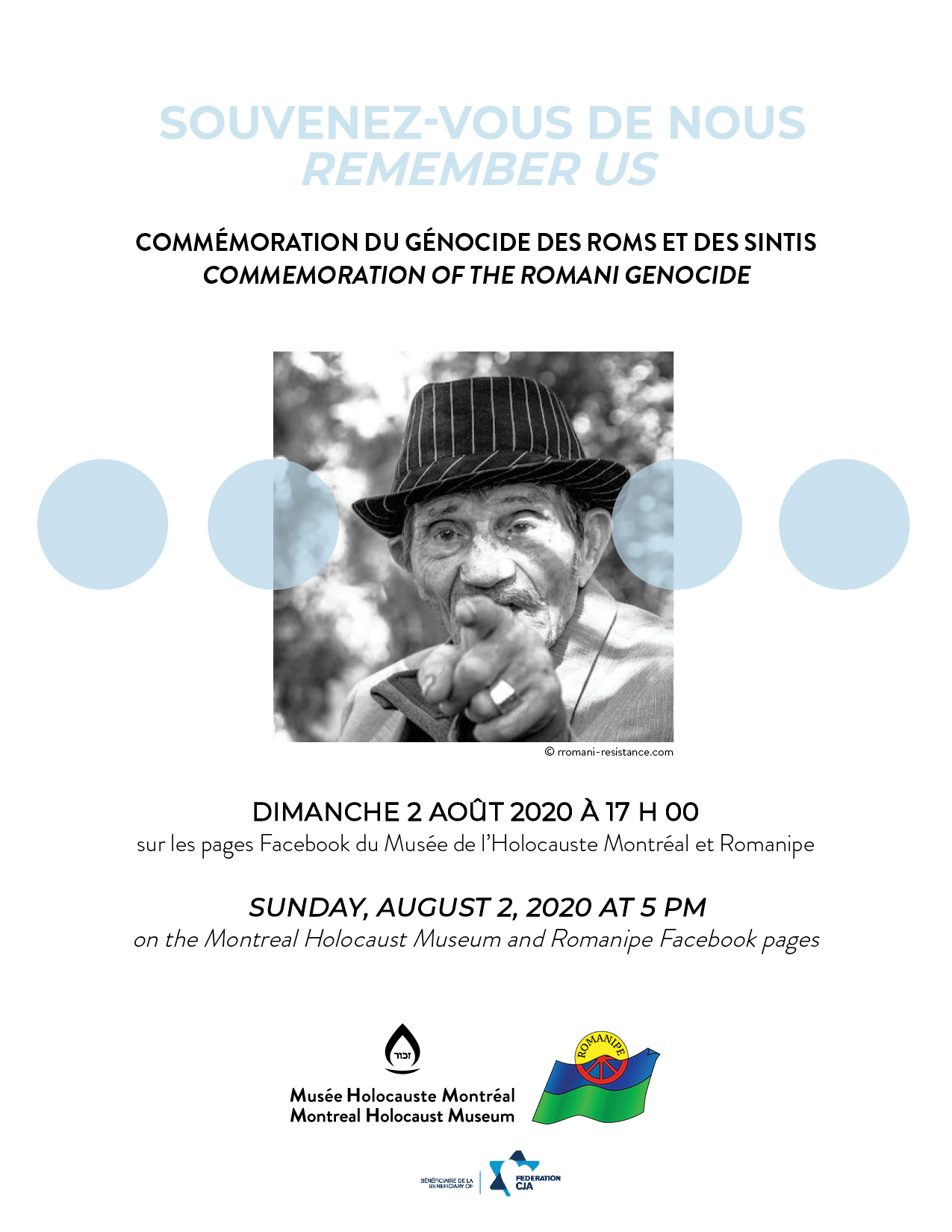
Remember Us: Commemoration of the Romani Genocide
2 August 2020, 2 August, 17:00 EST (UTC−04:00), Virtual Event
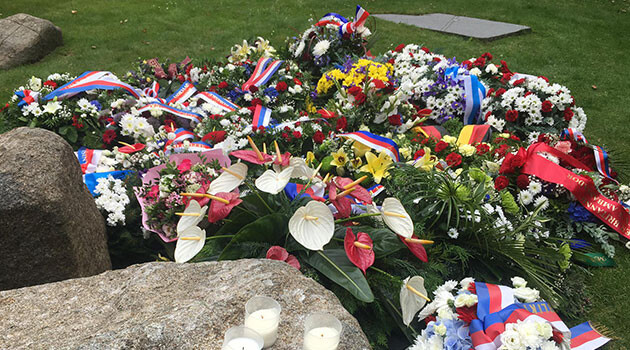
Traditional commemorative ceremony dedicated to the Romani victims of Nazism will be held on Sunday, 1 August at Lety u Písku, Czech Republic
Commemorative ceremony at Lety u Písku, 2 August 2020. (PHOTO:

Ceremonial opening of The Lety u Písku Memorial to the Holocaust of the Roma and Sinti in Bohemia
On the 23 of April, 2024 the Ceremonial opening of The Lety u Písku Memorial to the Holocaust of the Roma and Sinti in Bohemia, which includes two remnants of feed halls from the industrial pig farm that once stood there, took place.
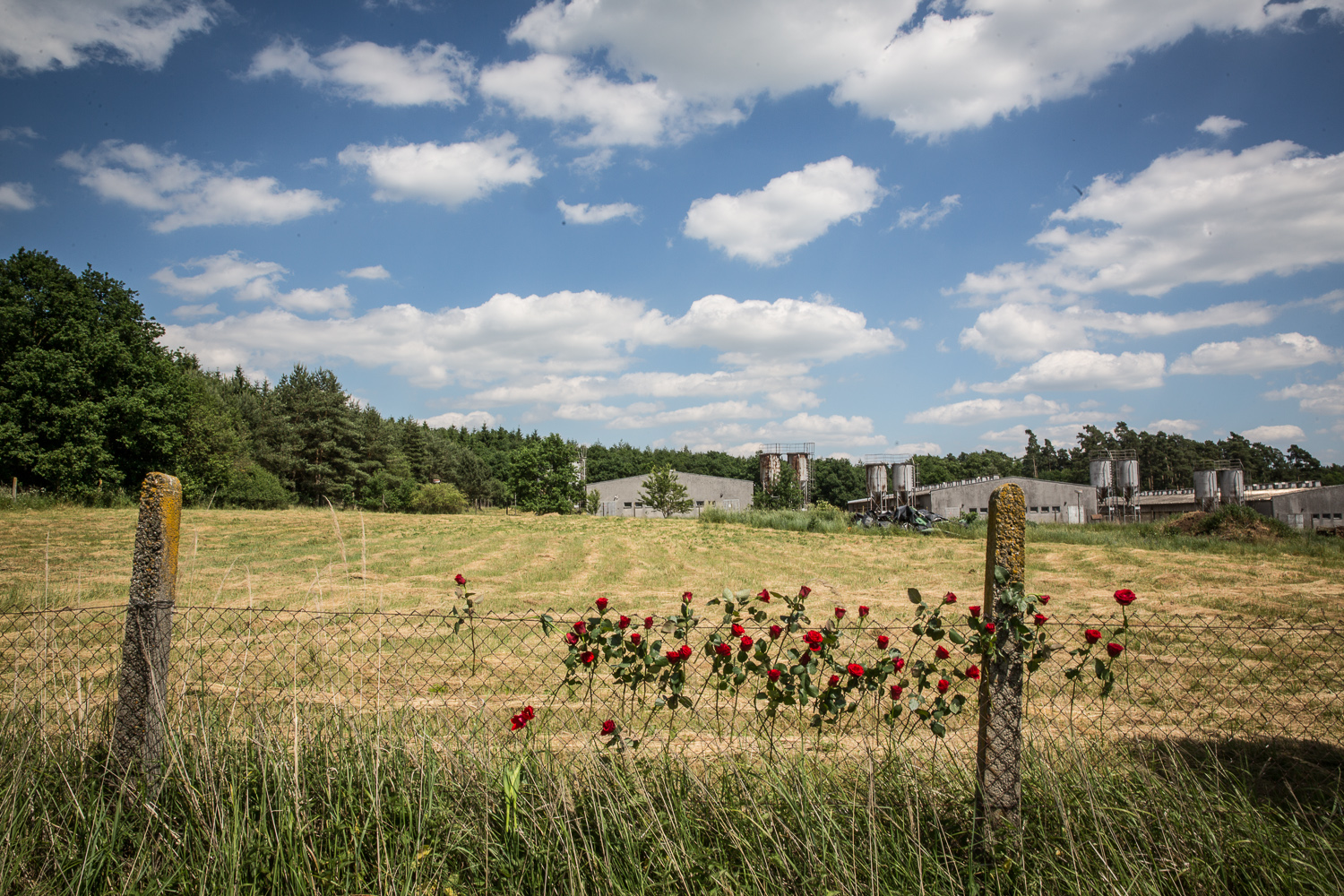
The struggle for the removal of the pig farm at the former “Gypsy camp” near Lety u Písku
Exhibition “The long path to recognition of the Roma and Sinti Holocaust”
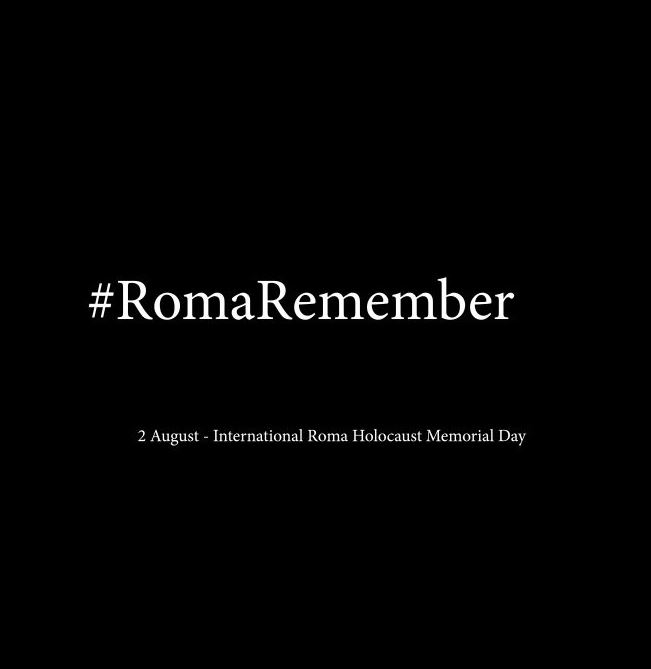
#RomaRemember
Joint statement on the occasion of 2 August 2020 – International Holocaust Memorial Day for Sinti and Roma
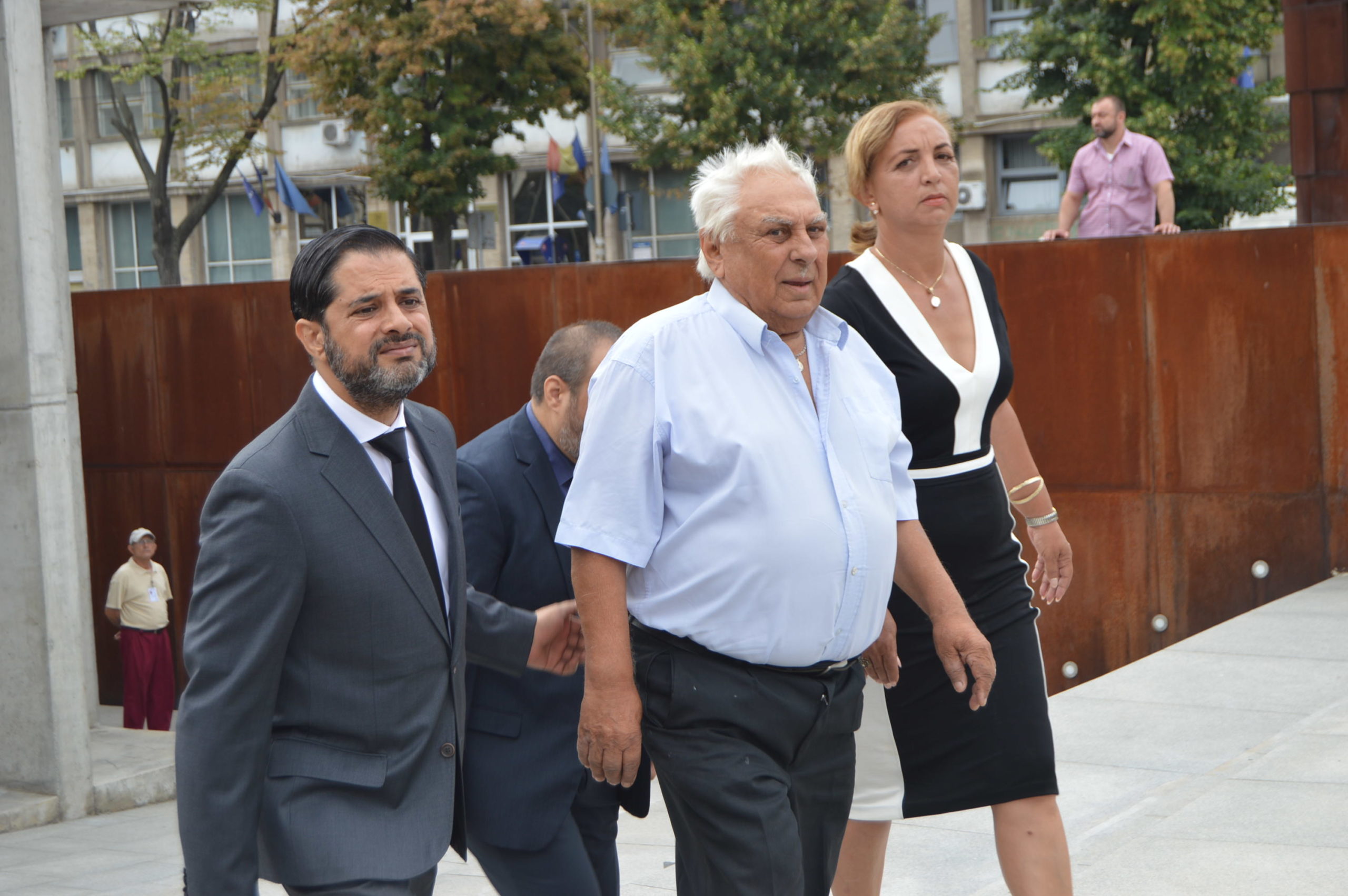
The Holocaust in Romania and deportations of Roma to Transnistria
Exhibition “The long path to recognition of the Roma and Sinti Holocaust”

The Jasenovac concentration camp and the struggle for recognition in Croatia
Exhibition “The long path to recognition of the Roma and Sinti Holocaust”
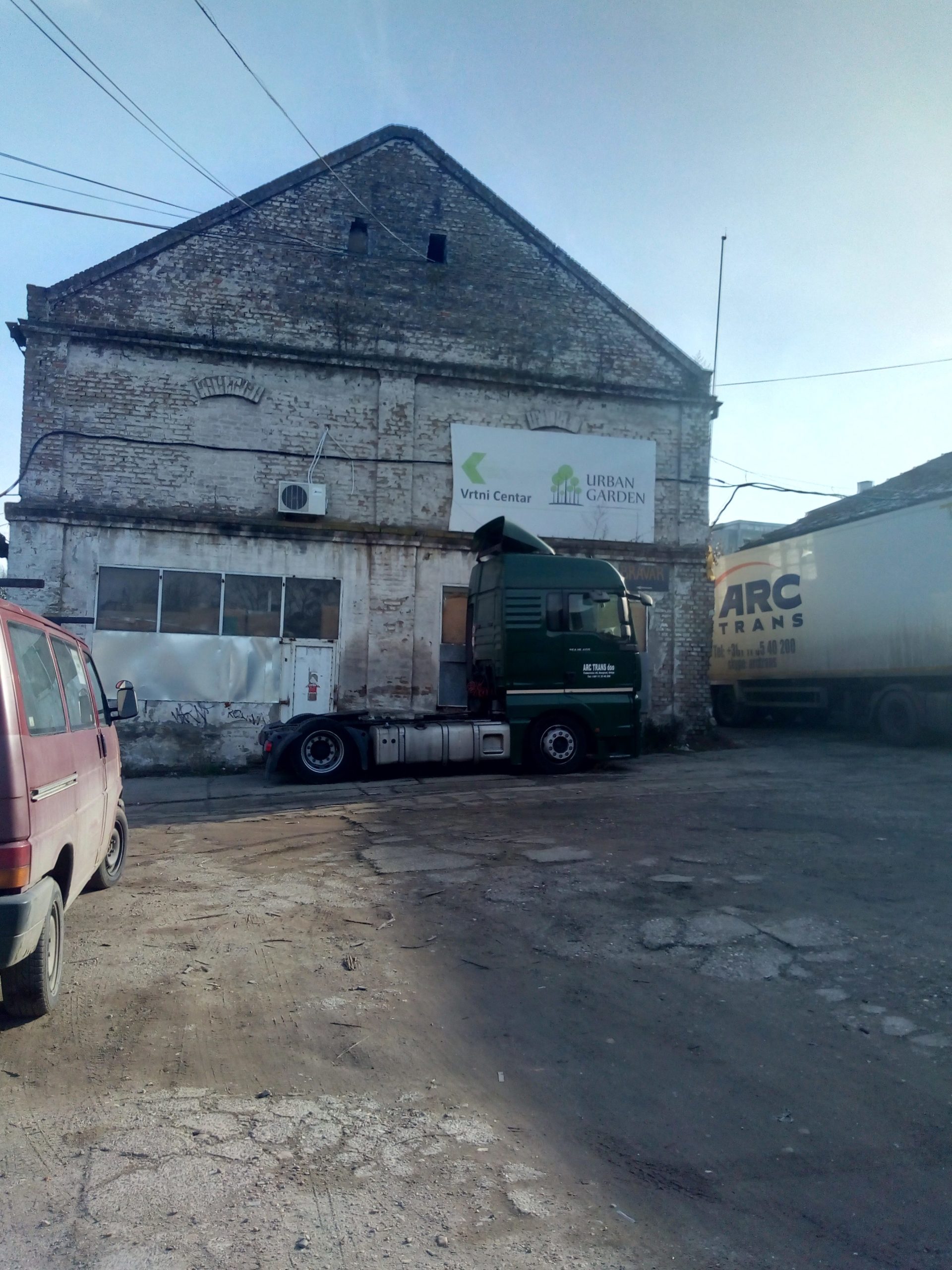
Struggle for a dignified memorial site
Camp Topovske šupe in Serbia
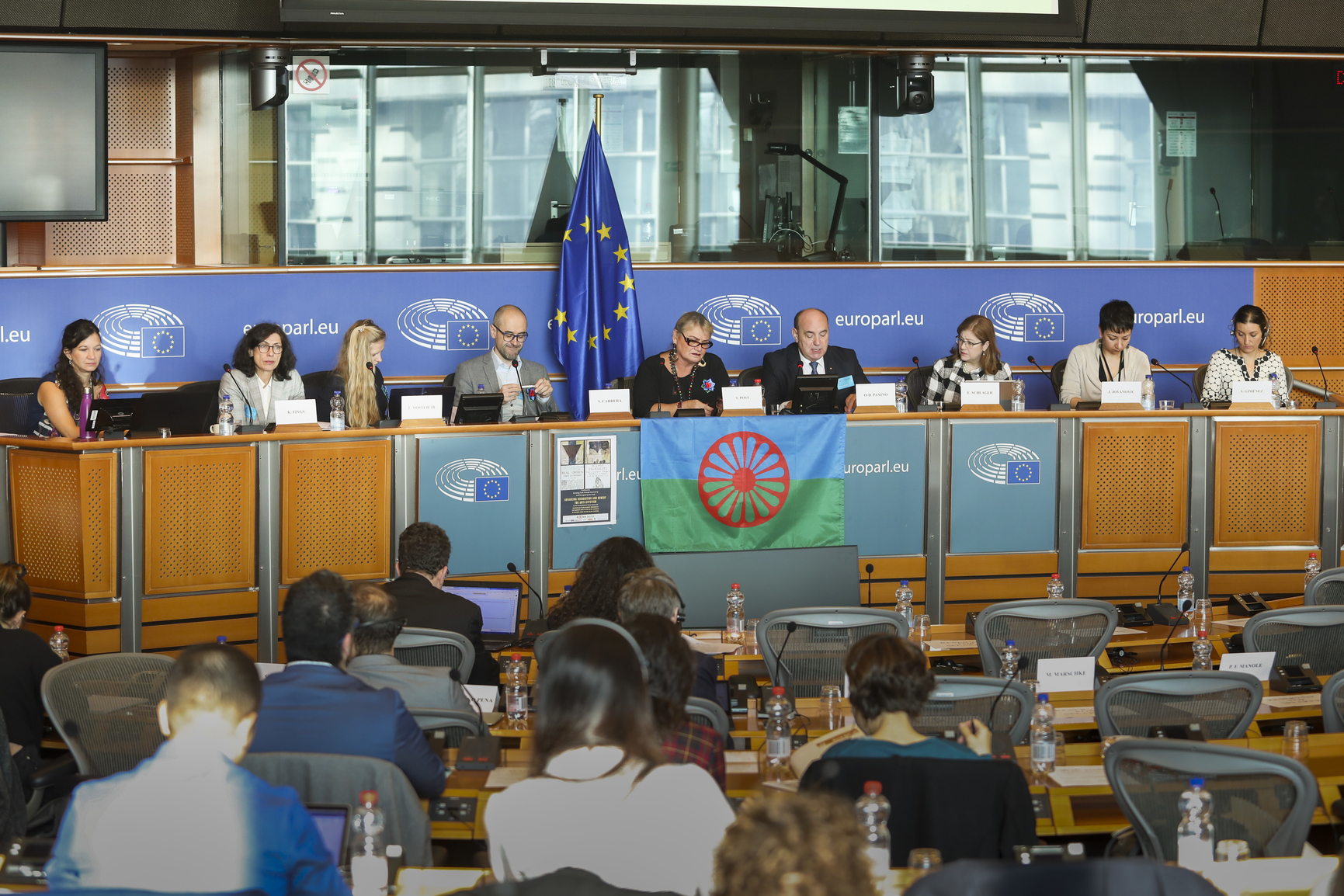
From Remembrance to Reconciliation
International Conference in Brussels, March 2019










